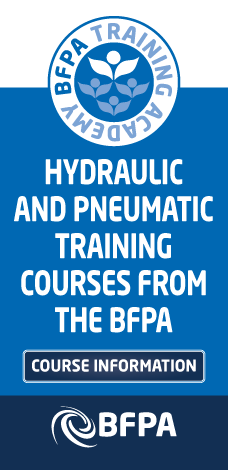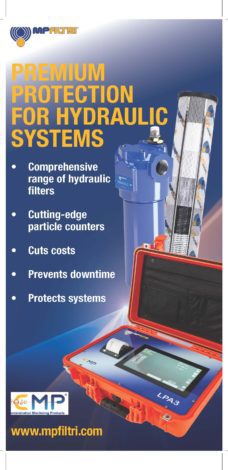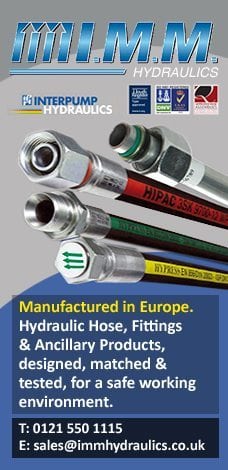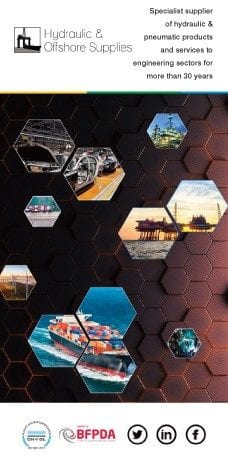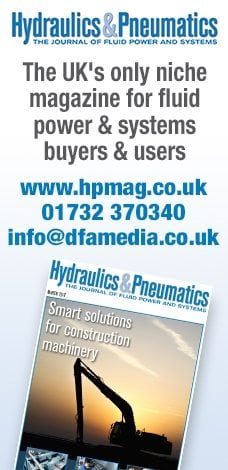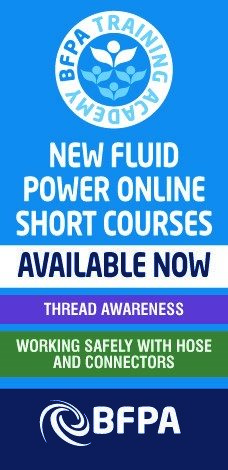In these Articles the following definitions will apply (in alphabetical order):
Accessible Location – an accessible location as shall be agreed by the Board from time to time but which shall include, for the avoidance of doubt, London, Bristol, Birmingham, Leeds
and Manchester;
Act – the Companies Act 2006;
Adoption Date – the date of adoption of these Articles by the Association;
AGM – an annual general meeting of the Members held in accordance with articles 7 and 8;
Associate Member – companies not eligible to be Full Members carrying on a business associated with manufacturers and/or distributors of fluid power equipment or components;
BFPDA – British Fluid Power Distributors Association;
Board – the Board for the time being of the Association;
Business Day – any day (other than a Saturday, Sunday or public holiday) during which clearing banks in the City of London are open for normal business;
CEO – Senior Executive Officer appointed in accordance with Article 10.9;
Consultant Member – an individual or company with no allegiance to any specific product or service and being an acknowledged expert in his field;
Director – a duly appointed director of the Association for the time being;
Divisions – each of the Manufacturers Division and the Distributors Division;
Eligible Person; – a member of the Board who would be entitled to vote on a matter at a meeting of the Board (but excluding any member of the Board whose vote is not to be counted in respect of the particular matter) and references to eligible directors in Regulation 8 of the Model Articles shall be construed accordingly;
Encumbrance – any mortgage, charge (fixed or floating), pledge, lien, option, hypothecation, restriction, right to acquire, right of pre-emption or interest (legal or equitable) including any assignment by way of security, reservation of title, guarantee, trust, right of set off or other third party right or any other encumbrance or security interest having a similar effect howsoever arising;
Finance Committee – the finance committee for the time being of the Association;
Full Member
– a company registered in the United Kingdom (including overseas companies) and carrying on business in the United Kingdom as a manufacturer and/or distributor and/or seller of fluid power equipment or components whether or not for use in or only in its own end products; and/or any company so registered, firm or individual that carries on business in the United Kingdom as consultant to the fluid power industries;
General Meeting – a general meeting of the Members held in accordance with article 8;
Member – a registered member of the Association from time to time, as recorded in the register of members of the Association;
Members’ Resolution – a resolution that is passed at an AGM or General Meeting by more than 80% of the Members present and eligible to vote;
Model Articles – the model articles for private companies limited by guarantee contained in schedule 2 of the Companies (Model Articles) Regulations 2008 as amended prior to, and in force as at, the Adoption Date;
Overseas Associate Member – a company not eligible to be a Full Member carrying on business (solely) outside the UK as a manufacturer and/or distributor and/or seller of fluid power equipment or components whether or not for use in its own end products;
President – the president of the Association;
Secretary – a duly appointed secretary of the Association for the time being;
Technical Research and Teaching Member – an academic organisation or institution, either incorporated or unincorporated, not eligible to be a Full Member and specialising in and primarily carrying out the technical research or the teaching of fluid power engineering and/or directly related subjects in the United Kingdom; and
Vice-President – the vice-president of the Association.
- These Articles and the provisions of the Model Articles (subject to any modifications set out in these Articles) shall constitute all the articles of association of the Association.
- In these Articles a reference to:
- a statutory provision includes a reference to the statutory provision as replaced, modified or re-enacted from time to time before or after the Adoption Date and any subordinate legislation made under the statutory provision before or after the Adoption Date;
- a “subsidiary” shall include a reference to a “subsidiary” and a “subsidiary undertaking” (each as defined in the Act) and a reference to a “holding company” shall include a reference to a “holding company” and a “parent undertaking” (each as defined in the Act);
- writing includes any mode of reproducing words in a legible and non‑transitory form other than fax;
- a corporate shall be construed so as to include any company, corporation or other body corporate, wherever and however incorporated or established;
- a person includes a reference to an individual, body corporate, association, government, state, agency of state or any undertaking (whether or not having a legal personality and irrespective of the jurisdiction in or under the law of which it was incorporated or exists); and
- “these Articles” is to these articles of association (including the provisions of the Model Articles incorporated in them), and a reference to an article is to an article of these Articles, in each case as amended from time to time in accordance with the terms of these Articles and the Act.
- The contents table and headings in these Articles are for convenience only and do not affect the interpretation or construction of these Articles.
- Words importing the singular include the plural and vice versa and words importing a gender include every gender.
- The words “other”, “include”, “including” and “in particular” do not limit the generality of any preceding words and any words which follow them shall not be construed as being limited in scope to the same class as the preceding words where a wider construction is possible.
- These Articles shall be binding on and shall survive for the benefit of the personal representatives and successors-in-title of each Member.







